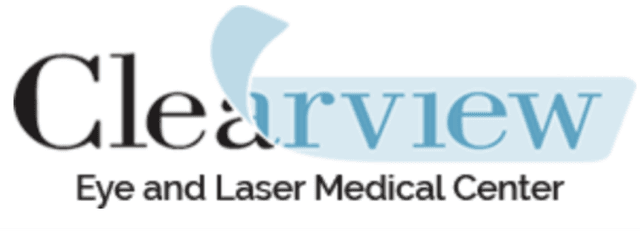
Myopia is the inability to see things clearly unless they're relatively close to the eyes. It’s also called nearsightedness or shortsightedness.
“The prevalence of myopia has been increasing rapidly in recent decades. In fact, it's predicted that by the year 2050, about half of the world's population will be nearsighted,” says Sandy T. Feldman MD, Medical Director of Clearview Eye & Laser Medical Center in San Diego. “Without correction, this all too common condition can really hinder your daily life, everything from playing sports to watching a concert to traveling.”
Here are some Dr. Feldman’s most frequently asked questions about myopia:
How common is it? Nearsightedness is the most common refractive error among children and young adults worldwide. The condition occurs in 30-40 percent of adults in the U.S. and as many as 50 percent of children. Elsewhere the stats are even worse - medical experts in Asia, for example, estimate that 90 percent of Chinese university students are short-sighted.
Is it genetic? No one knows for sure exactly what causes myopia. But there’s ample evidence that inherited characteristics play a significant role. However, it is possible that the use of computers and smartphones have been contributing as well. Nearsightedness occurs because the eyeball grows too long, so light doesn’t come to a clear focus on the retina.
What are the symptoms? Nearsighted people see nearby objects quite clearly, but they strain to see things that are farther away. In addition to blurry distance vision, signs and symptoms of myopia include squinting, excessive blinking, eye rubbing, headaches and eye strain.
Is it reversible? Currently, there are no treatments that can permanently reverse myopia. However, a special type of corrective contact lens can eliminate the need for glasses or contacts during the day, and a recent study published in JAMA recommended that children be exposed to sunlight one hour per day, which has been shown to slow progression.
What is the treatment? There are several treatment options that effectively correct blurred vision caused by myopia, including eyeglasses, contact lenses, corrective lenses (which can temporarily reshape the cornea of the eye) and refractive surgery, such as Modern Custom LASIK. “Although eye doctors worldwide are concerned about the increasing rates of myopia, the good news is there are now more treatment options than ever before,” says Dr. Feldman. “An eye doctor can help you evaluate all options and determine which one is best for you.”
Sandy T. Feldman MD is a world-renowned corneal expert who has successfully performed more than 20,000 refractive procedures. Clearview has been voted Best LASIK center by the San Diego Union Tribune and by CityBeat. Dr. Feldman’s many awards include Top Doc San Diego; the Goldline Award, an honor granted to the top 10 laser eye care specialists in the U.S.; and the Silver Elite RealSelf Award. She has also been profiled in publications such as Forbes and Newsweek and is an expert commentator on TV talk shows and news programs. Dr. Feldman is a fellow of the prestigious American College of Ophthalmic Surgeons, as well as a member of the American Academy of Ophthalmology and the American Society of Cataract and Refractive Surgery. More details at clearvieweyes.com.
I can arrange an interview with Dr. Feldman to discuss myopia or any other eye-related topic. Contact Diana Soltesz at Diana@dsmmedia.com or 818-618-5634.

Call Us: (858) 452-3937
8:30AM - 7:00 PM - Monday through Saturday (Saturday until 11:30AM)